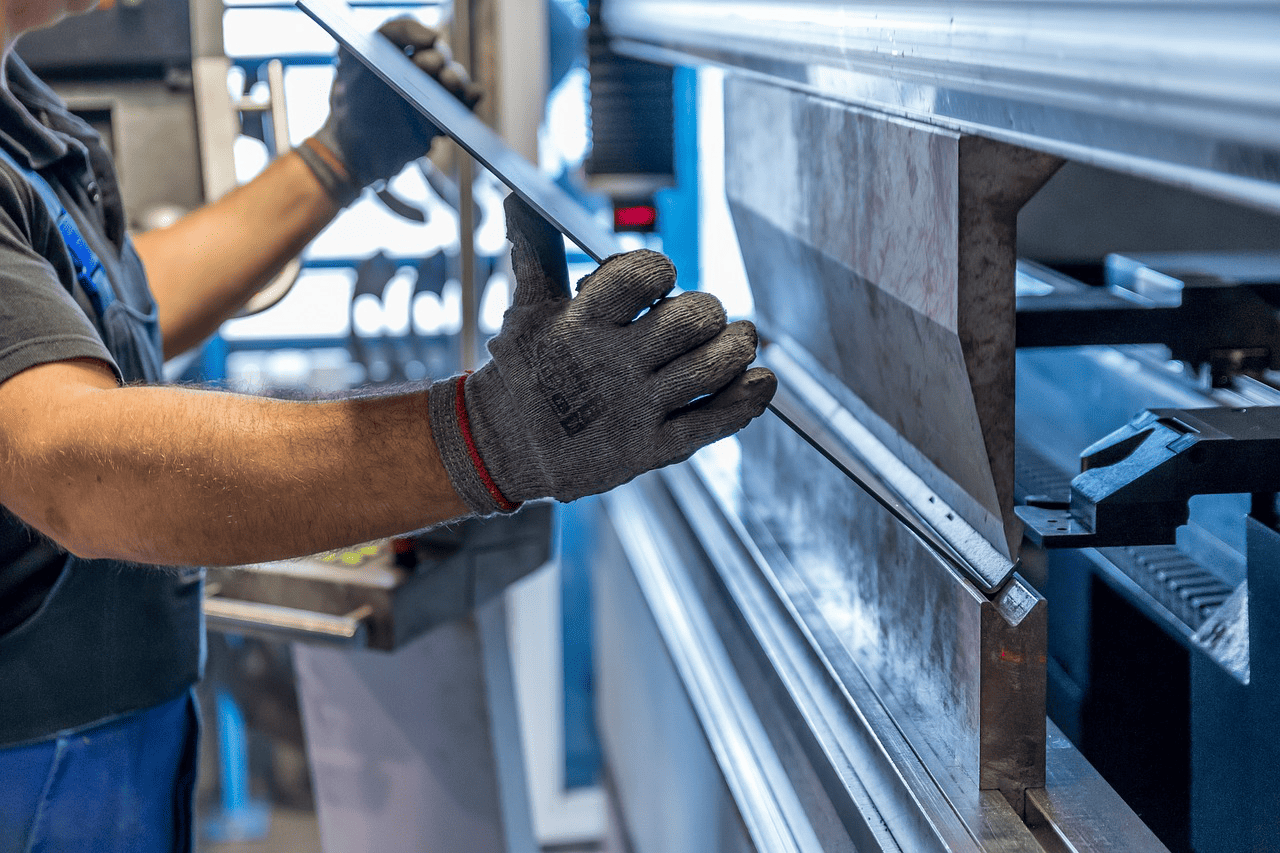
The cost and risk of failure of traditional drug discovery approaches means people with rare diseases tend to be sidelined by the pharmaceutical industry who struggle to justify investment in treatments for smaller populations. This is one of the reasons why Dr. Tim Guilliams decided to co-found a start-up dedicated to help those patients suffering from such conditions.
The UK-based start-up, Healx uses AI technology to accelerate the discovery and development of treatments for rare diseases. One patient inspired the initiative that today has over 50 drug discoverers, AI engineers, and bioinformaticians, all with one common goal, to quickly advance new rare disease treatments towards the clinic.
With a portfolio of nine rare disease projects in its pipeline Healx has managed to predict new treatments much faster and more effectively – and at a fraction of the cost of traditional drug discovery methods – by combining their AI tech with patient insight, and drug discovery expertise.
Innovation Origins talked with Dr. Tim Guilliams, CEO and co-founder of Healx, about his motivation and his experience in entrepreneurship.

Why did you decide to pursue a start-up such as Healx?
I have always been passionate about using AI and machine learning (ML) to accelerate the discovery and development of treatments for rare diseases. So, I founded Healx alongside Dr David Brown, the co-inventor of Viagra and former Global Head of Drug Discovery at Roche. This followed a meeting we had with a rare disease parent, Nick Sireau, who was relentlessly trying to repurpose a drug called nitisinone to save his children from the ultra-rare disease, alkaptonuria (AKU). It was then that we realised just how big the therapeutic unmet need was for rare disease patients.
Can you tell me about the technology used?
Healnet, our AI-powered drug discovery platform, uses a combination of ML and natural language processing (NLP) to mine data from a variety of scientific data sources (scientific literature, patents, clinical trials, disease symptoms, drug targets, and underlying chemical structures). These methods have allowed us to create the most comprehensive knowledge graph of rare disease data. A suite of AI algorithms is then deployed to pinpoint relationships between drugs and diseases that have the potential to deliver therapeutic benefit to patients. These predictions are then layered with critical oversight from our multidisciplinary team of rare disease experts, patient advocates and drug discovery scientists. As a by-product of this process, we often uncover new biological mechanisms as well.
What makes Healx different from other similar startups?
As for what makes us stand out from other AI companies in the drug development space, our technology and our patient-centric approach to rare disease treatment discovery are two aspects that are truly unique to Healx. In terms of our technology, since Healnet is the only AI platform specifically designed to discover rare disease treatments, it features the world’s most complete knowledge graph of biomedical rare disease information. This makes it the most comprehensive AI platform currently out there for the prediction of rare disease treatments. Whilst technology is integral to our work, we’re committed to keeping patients at the heart of what we do, after all they are the real disease experts. This patient-centric approach sees us collaborate with patient groups worldwide to understand their most urgent challenges. Involving them from the outset also closes the discovery research loop earlier.
Can you remember the moment where you knew you had something outstanding in your hands?
Yes. This was the moment we received positive results back from the pre-clinical trials for our fragile X syndrome treatments. The fact that we had results showing that the treatments our AI-powered platform had predicted were effective was a very special moment for all of us here at Healx. We already knew that our tech worked and could accurately predict drugs to be repurposed to treat rare diseases, but to have them validated at pre-clinical stage – and for others to be able to see the efficacy of what we’re doing – was a fantastic feeling.
And did you ever considered giving up when setting up the start-up?
No. At Healx we believe that every rare disease patient deserves a treatment. I think the fact that we’re a mission-driven company using tech to positively impact society has always helped us keep the bigger picture in mind. In the early stages, we did reject a couple of investment offers because we felt those particular investors weren’t in line with our mission. I suppose this could have impacted our ability to continue as a company, however, we were fortunate enough to receive the backing and invaluable support of a number of forward-thinking VC firms such as Atomico, Balderton Capital and Intel Capital – amongst others. These investors are fully behind our mission and relentlessly help us to accelerate our growth and scale our patient impact. We’re all committed to our mission to help rare disease patients access much-needed treatments.
What can we expect from Healx in the future?
The year ahead looks set to be an exciting one for us. Having just completed our $56m Series B funding round we’re now focussed on using this finance to develop our pipeline of rare disease projects and take even more therapies towards the clinic. This year will also see our lead programme on fragile X syndrome, the most common genetic cause of autism, enter clinical trials. These pivotal studies, carried out in conjunction with FRAXA Research Foundation, will test a number of our AI-predicted therapies as treatment options.
What is your ultimate goal? What is your vision for the future?
Our ultimate vision would be to eventually get to the stage where every single one of the 400 million rare disease patients worldwide has access to the treatments they need to improve their quality of life. We’re working to make this vision a reality.
Interested in other start-ups? Click here.






